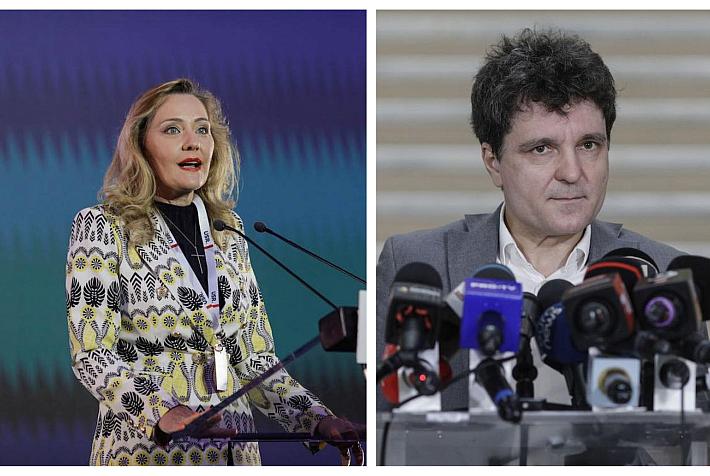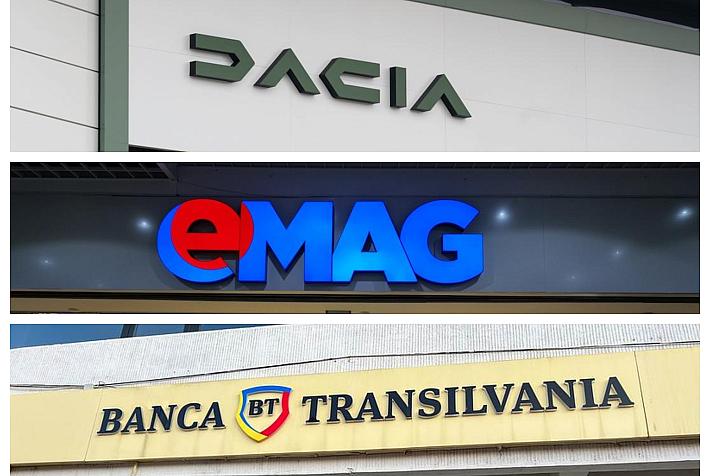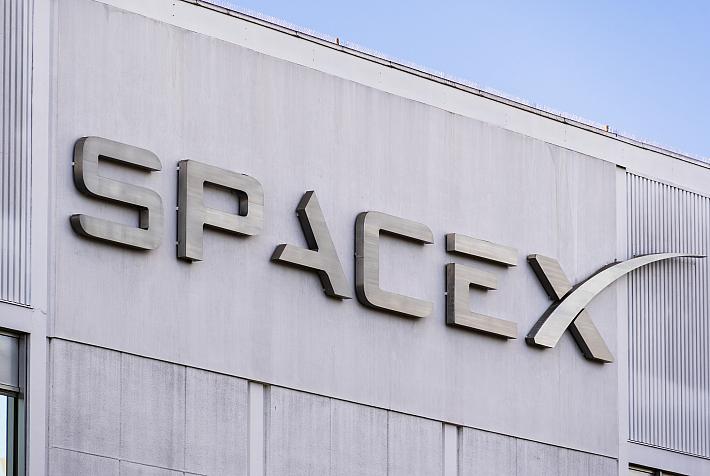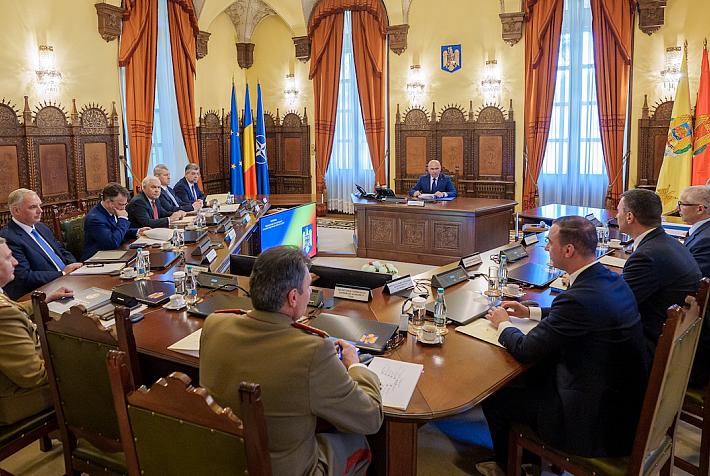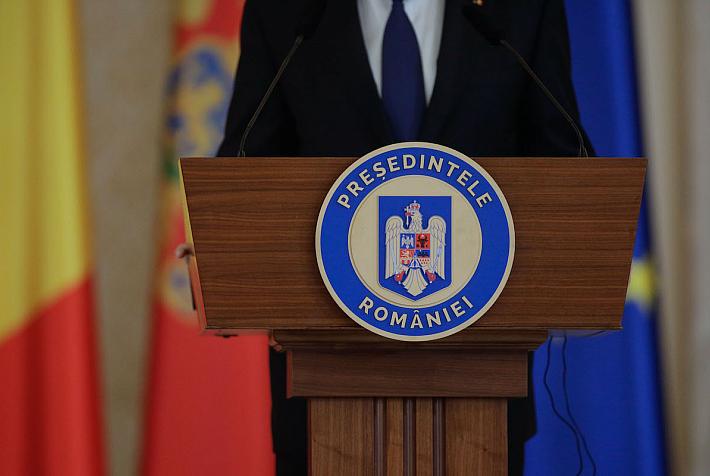European Commission: Corruption in Romania persists at all levels

Corruption persists at all levels and remains an obstacle for doing business in Romania, states the European Commission 2017 report on Romania released on Wednesday, February 22.
“Corruption is widely acknowledged as a major issue in Romania, as shown regularly in perception surveys and most recently in a Eurobarometer on the Cooperation and Verification Mechanism. Corruption and governance issues in the public sector are among the top challenges for the business environment, holding back growth,” the report says.
The report also acknowledges Romania’s efforts and progresses in fighting corruption in the past years, but warns that the irreversibility of progress in the fight against corruption was recently put at risk by a Government’s initiative.
“Romania has a solid anticorruption legal framework and the track record of the judicial institutions fighting corruption has been strong,” the report states. “The national anticorruption strategy 2016-2020 from August 2016 aims to create a better corruption prevention policy and to promote integrity in the public sector. The strategy includes measures to improve transparency of the decision-making process and of budget allocation, while maintaining a culture of integrity within public organizations by enforcing managerial accountability.”
Romania's track record has pointed toward the growing irreversibility of reforms, as a number of internal safeguards have been put in place against abrupt reversal, according to the report. “However, in an emergency procedure on January 31, 2017, the Government introduced amendments to the Criminal Code, affecting the fight against corruption. While a subsequent government emergency ordinance issued on February 5 abrogated these amendments (…) such initiatives risk challenging the progress already made over the past 10 years in this field,” reads the report.
The report refers to the Government’ s famous emergency ordinance no.13 issued at the end of January, which aimed to decriminalize some corruption deeds, such as abuse of office. The ordinance was repealed by the Government and then rejected by the Parliament on February 21, after a wave of negative reactions from justice specialists, business organizations, and from Romania’s international partners, as well as the biggest street protests Romania has seen in the last 25 years.
Despite Prime Minister Sorin Grindeanu’s efforts to reassure European partners that Romania remains committed to fighting corruption, during a recent visit to Brussels, European officials seem to have lost confidence in the Romanian authorities’ promises.
Romania must remain under monitoring in the fight against corruption and independence of the judiciary, said the German MEP Markus Ferber, who came on a visit to Bucharest earlier this week, according to Agerpres.
Ferber is known for a number of severe standpoints related to Romania. He explained that since joining the EU, Romanian authorities have been generous with promises, but have done little. He said that compared to his visit from 12 years ago not much has changed, and that politicians need to understand that the fight against corruption is the basis for a functional public system.
The European Commission President Jean-Claude Juncker recently welcomed the Government’s decision to repeal of the emergency ordinance no. 13 during a meeting in Brussels with the Prime Minister Sorin Grindeanu, as the bill "jeopardized the progress made in this field for years". Juncker urged transparency for any measure that will be adopted in the future.
The word “corruption” appears 39 times in the European Commission’s 59-page report on Romania. Most of the mentions are related to the healthcare sector and the public procurement sector.
Sorin Grindeanu reacted on Wednesday to the European Commission’s report saying that his cabinet hasn’t received any signals from the business environment that corruption was an obstacle for doing business in Romania.
Romania’s PM to name new justice minister next week, EC First VP asks Govt. for more transparency
EC will continue to monitor Romania’s justice reform under the CVM until process irreversible
editor@romania-insider.com






